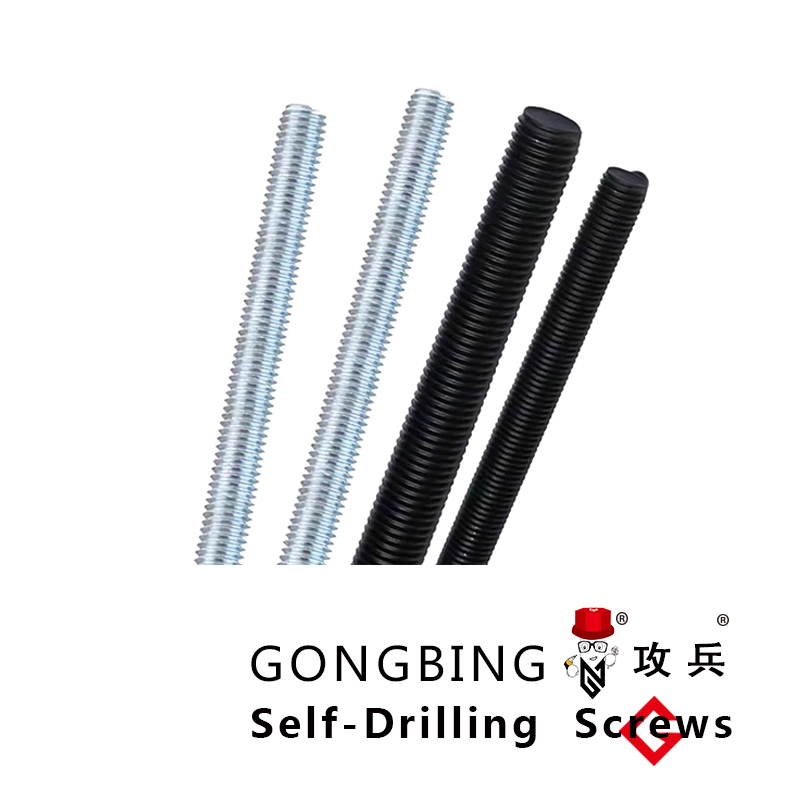Exploring the Role of Chemical Fasteners in Modern Industrial Applications
The Role of Chemical Fasteners in Modern Engineering
In the world of engineering and manufacturing, the significance of fastening technologies cannot be overstated. Among the wide range of fasteners available, chemical fasteners have emerged as a highly effective solution, offering unique benefits that traditional mechanical fasteners may not. This article explores the advantages and applications of chemical fasteners, shedding light on why they are becoming increasingly favored in various industries.
Chemical fasteners, unlike their traditional counterparts, utilize adhesives or bonding agents to secure materials together. This method creates a strong, permanent bond that can withstand a variety of environmental stresses. One of the primary advantages of chemical fasteners is their ability to distribute stress evenly across the bonded surfaces, reducing the likelihood of failure at specific points. This evenly distributed stress is crucial in applications where mechanical fasteners might create concentrated stress points, leading to material fatigue or rupture.
Another notable benefit of chemical fasteners is their capacity to join dissimilar materials. In many modern designs, engineers often work with a variety of substrates, such as metals, plastics, and composites. Chemical fasteners can effectively bond these materials, which is particularly useful in the aerospace and automotive industries, where weight reduction and material efficiency are paramount. By eliminating the need for mechanical fasteners, engineers can also create sleeker designs with fewer visible joints, enhancing both aesthetics and aerodynamic performance.
chemical fastener

Moreover, chemical fasteners offer superior resistance to environmental factors. For instance, they can provide enhanced sealing against moisture, chemicals, and vibration. This makes them an ideal choice for applications exposed to harsh conditions, such as in marine and industrial environments. In addition, the curing process of chemical adhesives often results in bonds that are more resilient to thermal expansion and contraction, further ensuring longevity and reliability.
Despite their numerous advantages, it is essential to consider the proper application techniques to maximize the effectiveness of chemical fasteners. Surface preparation, adhesive selection, and curing conditions all play critical roles in achieving optimal bond strength. Engineers must be trained in these aspects to ensure that the final product meets the desired performance standards.
In summary, chemical fasteners represent a crucial evolution in fastening technology, providing effective solutions for modern engineering challenges. Their ability to bond dissimilar materials, distribute stress, and withstand environmental extremes makes them invaluable in a range of industries. As technology advances, the use of chemical fasteners is likely to become even more prevalent, paving the way for innovative and efficient designs that define the future of engineering.
-
Weatherproof Plastic Expansion Anchors for OutdoorНавіныJun.06,2025
-
Sustainability in the Supply Chain: Eco-Friendly TEK Screws ProductionНавіныJun.06,2025
-
Load-Bearing Capacity of External Insulation FixingsНавіныJun.06,2025
-
Double Head Bolts: Enhancing Efficiency in Industrial MachineryНавіныJun.06,2025
-
Corrosion Resistance in Chipboard Screws: Coatings for Wholesale DurabilityНавіныJun.06,2025
-
Butterfly Toggle Bolts : Enhancing Structural ResilienceНавіныJun.06,2025
